Buying Computers For A Small Business

For small businesses, investing in the right computer equipment can be a game-changer, impacting everything from daily operations to long-term growth. However, navigating the complexities of hardware, software, and budget constraints can be daunting.
This article examines the key considerations for small business owners when purchasing computer systems, exploring the factors that contribute to a successful technology investment and the potential pitfalls to avoid.
Understanding Your Business Needs
The first step in any computer purchase is a thorough assessment of your business's specific needs. What tasks will the computers be used for? Consider the software applications you'll require, the amount of data you'll be processing, and the number of employees who will need access.
A business focused on graphic design will require machines with powerful graphics cards and ample RAM, while a retail store might prioritize point-of-sale systems with efficient barcode scanners. Don't overspend on features you don't need, but also avoid cutting corners that could hinder productivity.
Desktop vs. Laptop: A Critical Decision
Choosing between desktops and laptops depends on your business's work style. Laptops offer portability, allowing employees to work from various locations, while desktops generally provide more processing power and are often more cost-effective.
Consider a hybrid approach, providing desktops for stationary workstations and laptops for employees who need to travel or work remotely. Evaluate your security needs, including data encryption for mobile devices.
Budgeting and Financing Options
Establishing a realistic budget is crucial. Beyond the initial purchase price, factor in the cost of software licenses, warranties, and potential maintenance or repairs.
Several financing options are available for small businesses, including small business loans, leasing agreements, and manufacturer financing programs. According to the Small Business Administration (SBA), exploring different funding sources can help secure the best terms.
Software and Operating Systems
The operating system is the foundation of your computer system. Windows remains a popular choice for many businesses, while macOS is favored by some creative professionals.
Consider the compatibility of your chosen operating system with the software applications you need. Microsoft Office, QuickBooks, and industry-specific programs are all important considerations.
Security Considerations
Protecting your business data is paramount. Invest in robust antivirus software, firewalls, and data encryption tools.
Regularly back up your data to an offsite location or cloud service to prevent data loss in the event of a hardware failure or cyberattack. Train employees on best practices for online security and password management.
Where to Buy: Navigating the Market
You have several options when purchasing computers, from big-box retailers to specialized technology providers. Buying directly from manufacturers like Dell or HP can sometimes offer better deals and customization options.
Consider the value of customer support and warranty services when making your decision. Independent computer stores may offer more personalized service and technical expertise.
A Human Angle: Empowering Local Businesses
For Sarah Chen, owner of a small bakery, upgrading her computer system was essential for managing online orders and inventory. "The old computer was slowing everything down," Chen explained. "The new system has streamlined our processes and allowed us to focus on serving our customers better."
Small business owners like Chen highlight the real-world impact of technology investments on local economies and communities.
The Future of Computing for Small Businesses
Cloud computing is increasingly popular, offering small businesses access to powerful software and storage solutions without the need for expensive hardware. Subscription-based services can provide cost-effective alternatives to traditional software licenses.
As technology evolves, staying informed about new trends and options is essential for making smart purchasing decisions. Consulting with an IT professional can provide valuable guidance and ensure you're investing in the right solutions for your business.
Choosing the right computer system is an investment in your business's future. By carefully considering your needs, budget, and security requirements, you can make a purchase that enhances productivity, efficiency, and overall success.

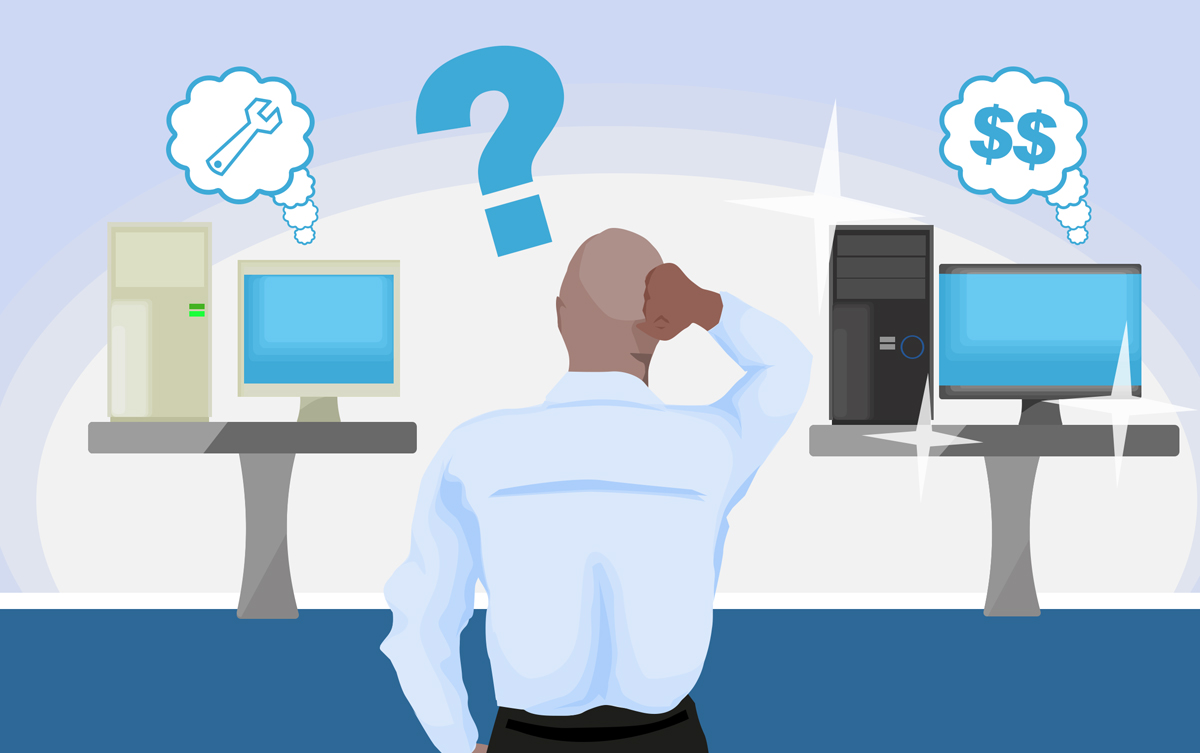
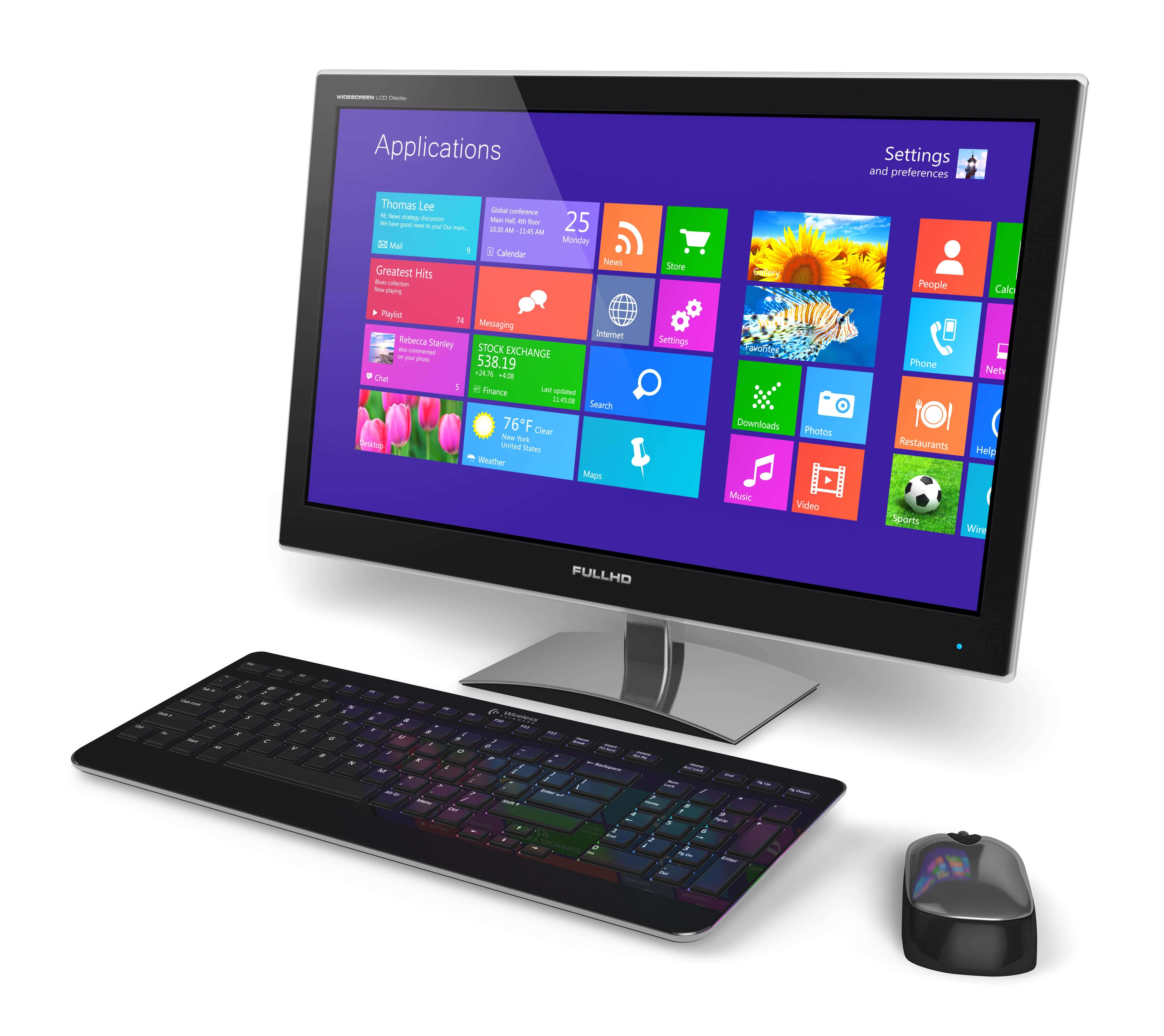


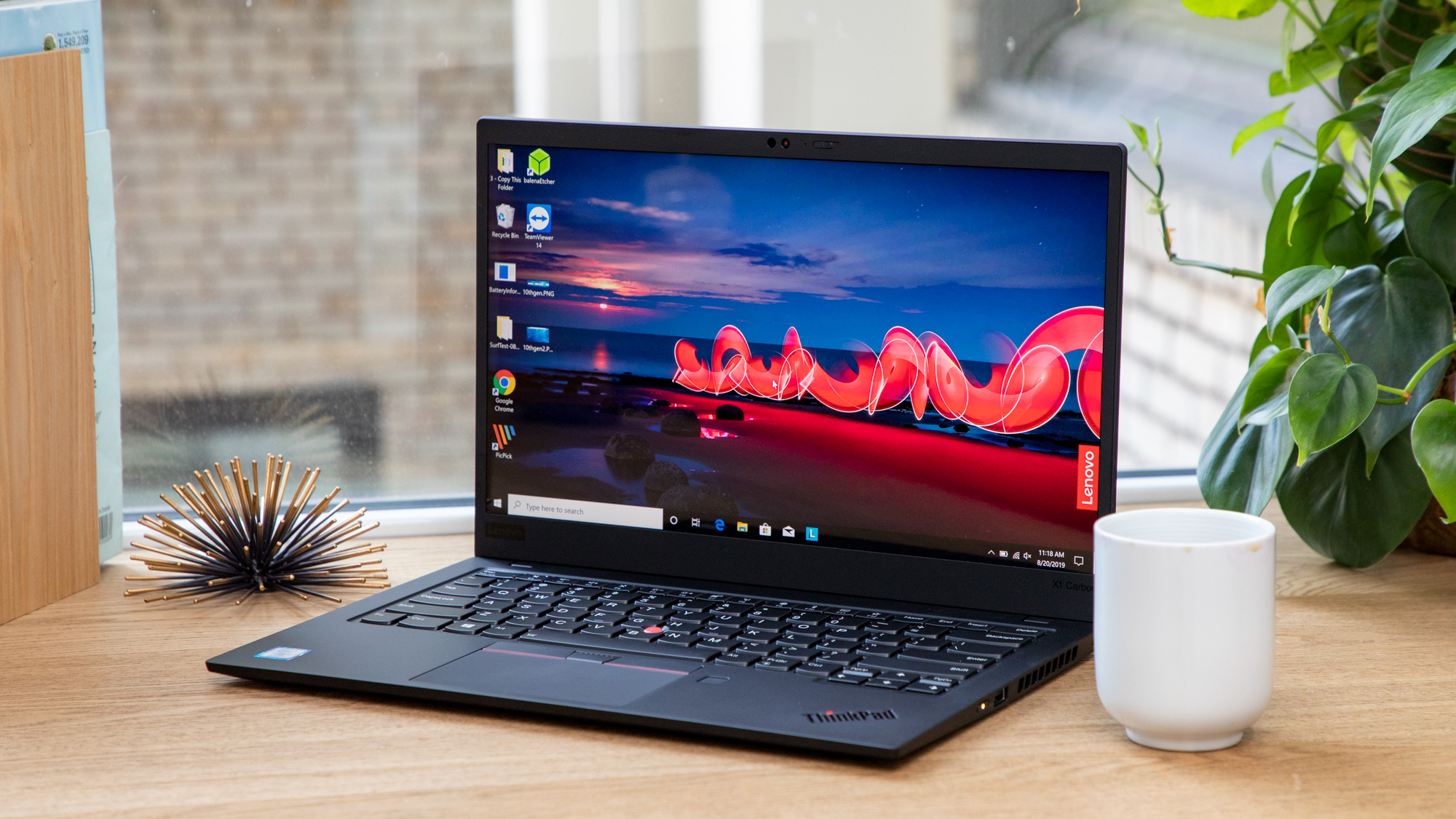


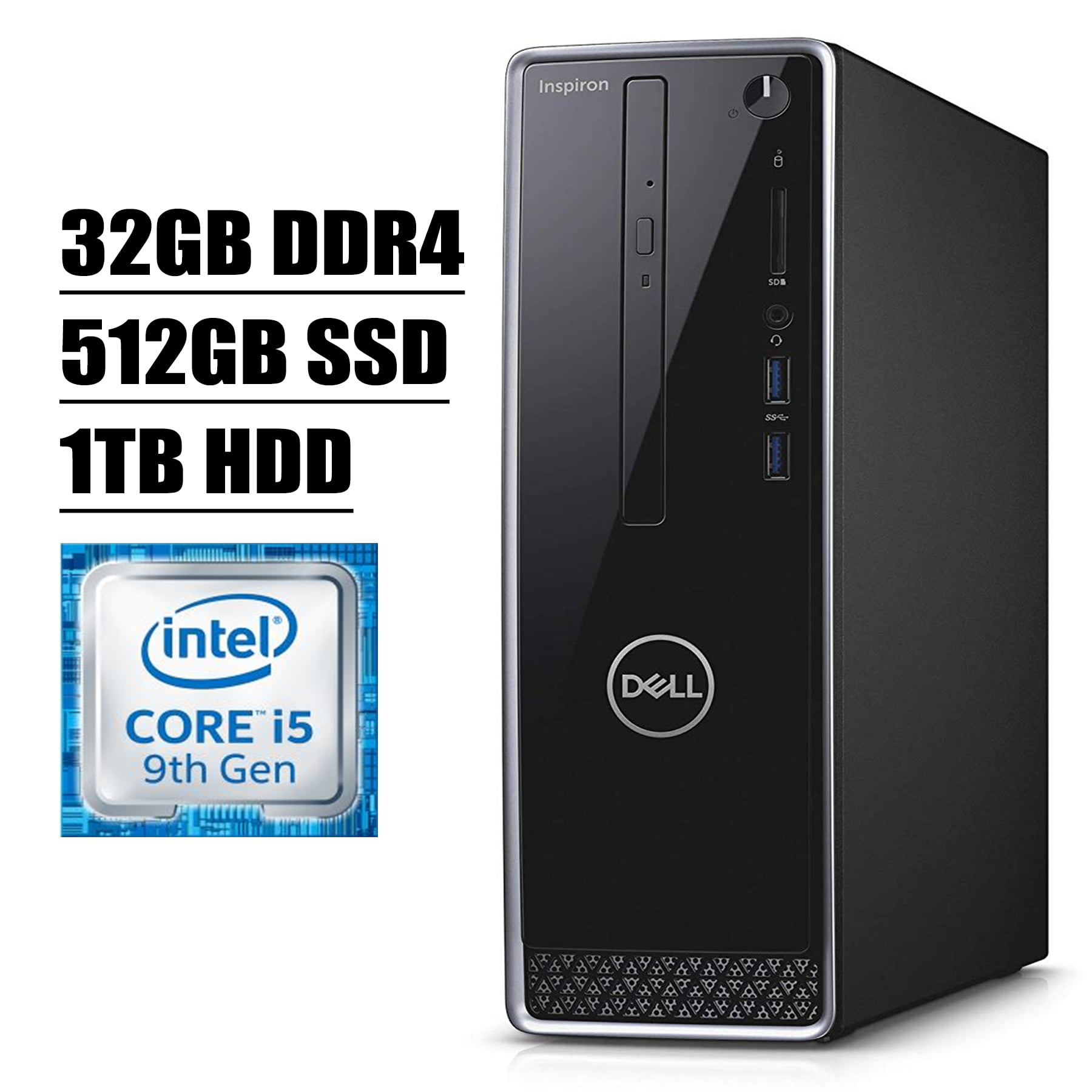
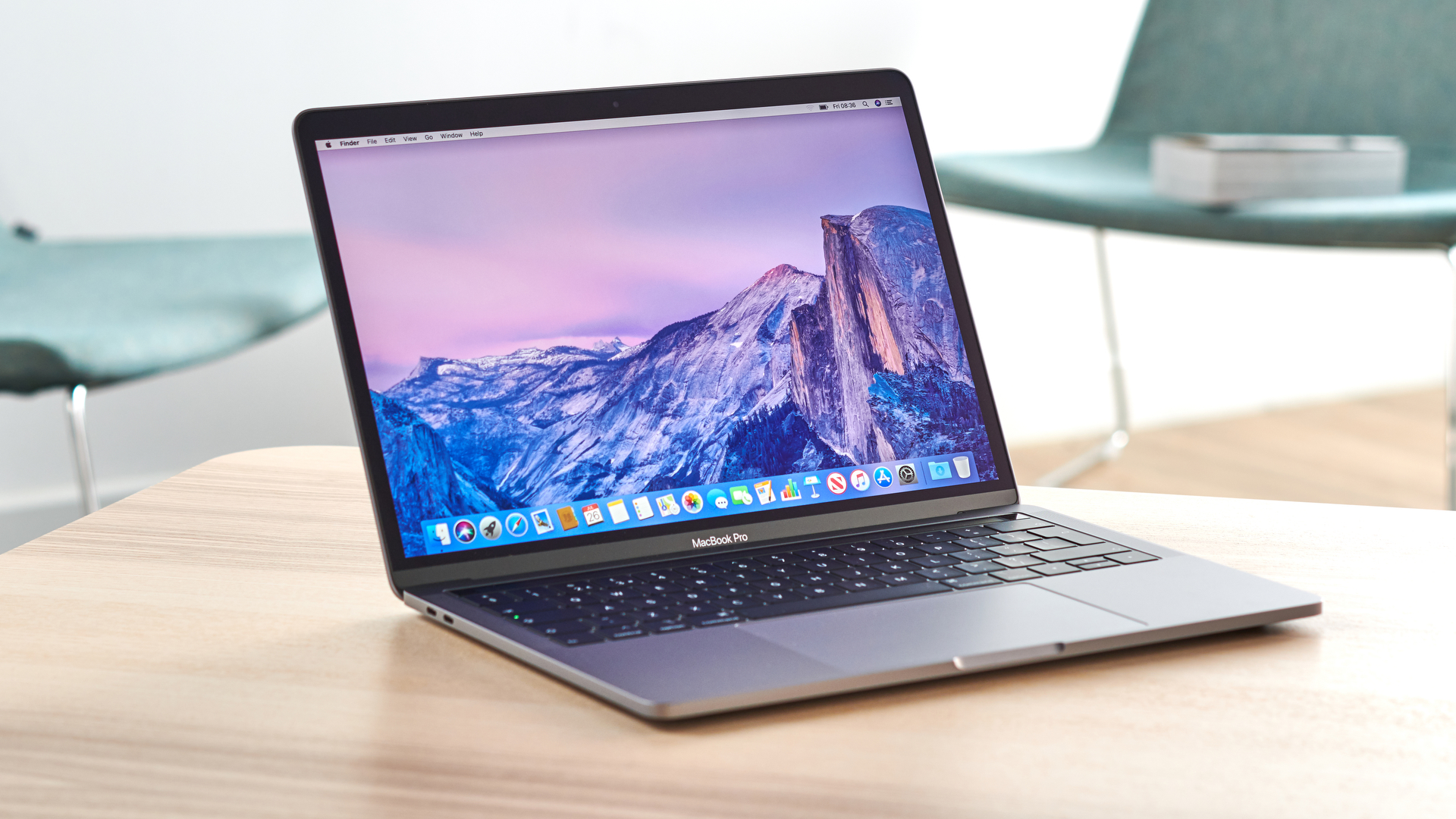

![Buying Computers For A Small Business The 11 Best Computer Stores in Toronto for Best Deals [2025]](https://torontoblogs.ca/wp-content/uploads/2021/06/pasted-image-0-6-2.png)






